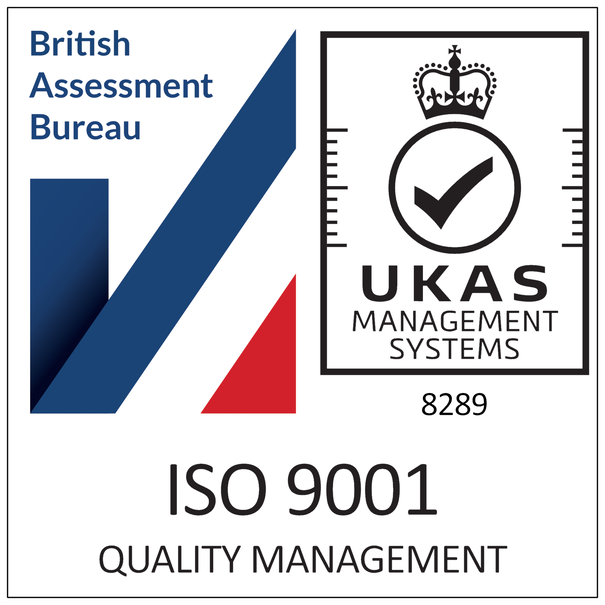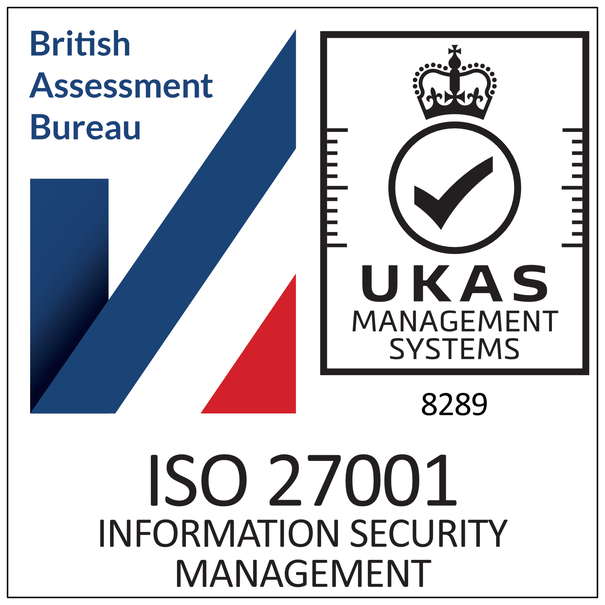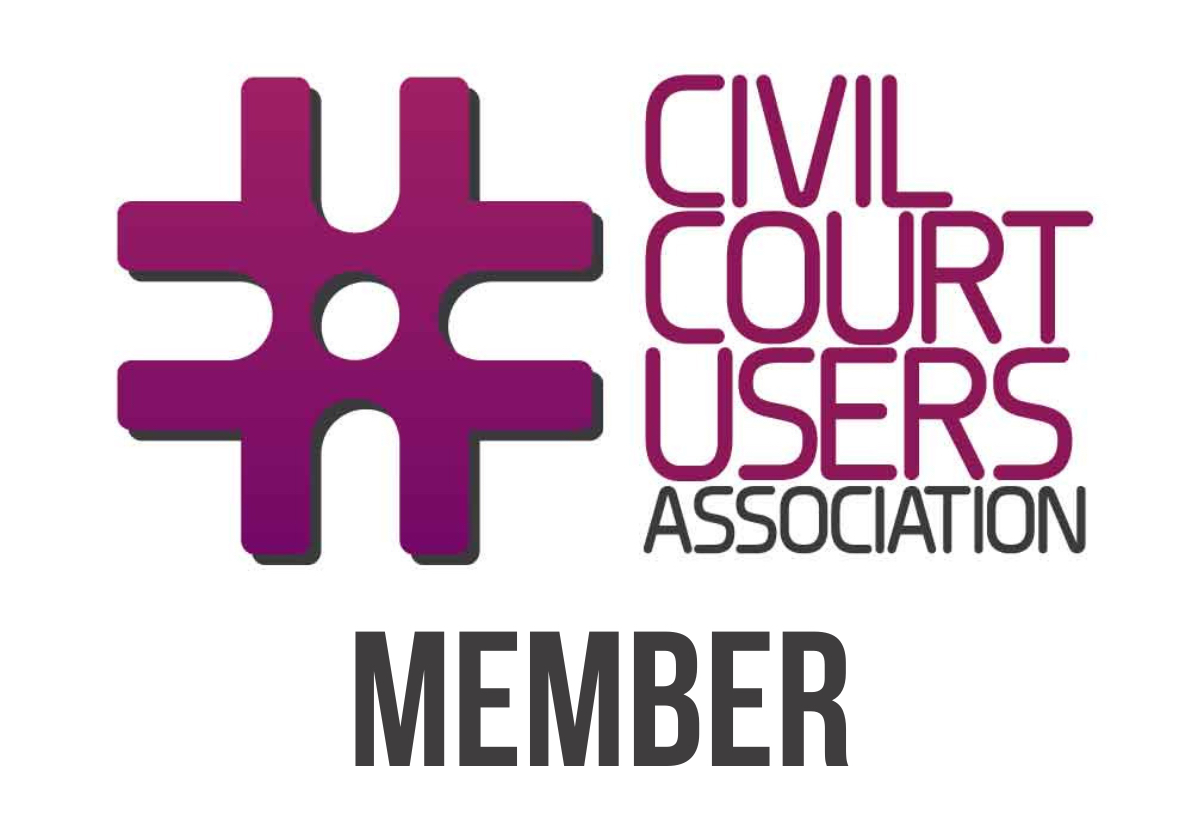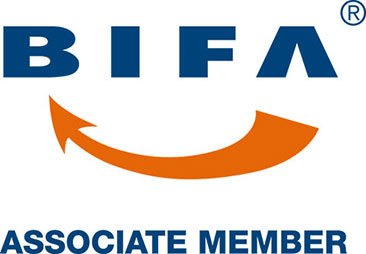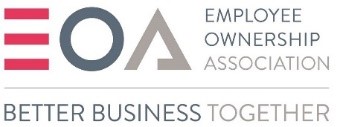
As you are no doubt aware, the countdown to the UK split from the EU Customs Union at the end of 2020 is underway.
So, to safeguard your import and export processes and minimise costs, what should you be doing?
If you have not already done so, then getting the right paperwork in place is critical. As is usually the case when crossing borders, you’ll need the right documentation both to hand and backed-up online.
A good starting point is this Govt. website page.
To support this work, some Govt. grants are available.
Paperwork that works
A key piece of paperwork is actually a number. Although these have been in place for some years now (your company will have one if you trade with countries outside the EU) a GB Economic Operator Registration and Identification number (EORI) must be applied for and in place.
Your EORI enables you to make a declaration and move goods between the UK and other countries. You do not, by the way, need an EORI if you are moving goods between Northern Ireland and Ireland. Most importantly, you may need more than one EORI number - potentially one for each EU country where you trade. UK companies can make their EORI application here. Some may choose to use a customs intermediary.
Goods declarations and checks
To import/ export goods you will also need to make a customs declaration and understand the complexities of tariffs/ duties payments.
Controlaccount has published a detailed blog about this here.
IT backup
As mentioned above, effective IT backup is also critical and transporters will need to login to, and use, the Smart Freight software system. This helps to ensure that when travelling between UK ports and EU ports, transporters have the correct documentation. If you are not doing this already, this website from SmartFreight is a good starting point. There’s also a useful article from Institute of Exporters here.
Lodgement and storage
If you are required to store goods at ports then you’ll need to know about the Pre-lodgement and Temporary Storage models.
With the Temporary Storage model, imported goods can be stored up to 90 days before a customs declaration. For the Pre-lodgement model, you will need to submit your declaration before exiting the EU.
Other advice sources
Keep a close relationship with HMRC. They can provide additional guidance and support.
Also, keep an eye on www.gov.uk and if you’re not already a member, then we recommend Logistics UK and their Brexit hub. Logistics UK (formerly FTA) represents UK logistics businesses.
Finally, other trade organisations that may publish useful information on their websites include The Road Haulage Association, UK Warehousing Association, Chartered Institute of Logistics and Transport, Cold Chain Federation, British Association of Removers and British International Freight Association.
Here to help
Good luck and do remember that Controlaccount delivers a comprehensive suite of 50+ back-office, finance and IT/ business support services and is here to guide you through all the legislative complexities.
To find out how we can help, please call 01527 388 388 or email sales@controlaccount.com





